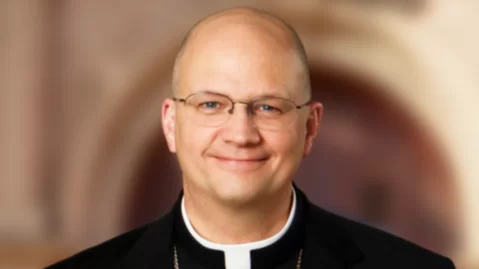
Bishop Edward J. Weisenburger | Diocese of Tucson website
In a recent address to the diplomatic corps assigned to the Holy See, Pope Francis called for a worldwide ban on surrogacy, describing it as a "grave violation of the dignity of the woman and the child." The Pope emphasized that a child is always a gift and should never be the basis of a commercial contract. He expressed his hope for an effort by the international community to universally prohibit this practice.
The Catholic Church's teaching on surrogacy is rooted in the belief in the value and dignity of human life. This teaching can be traced back to the 1987 document "Donum Vitae" ("The Gift of Life") issued by the Congregation for the Doctrine of the Faith. The document emphasized that the idea of life as a gift is the fundamental principle upon which moral questions related to procreation revolve.
"Gestational surrogacy" refers to the practice of a woman carrying a child on behalf of another individual or couple through in vitro fertilization (IVF). It has become more common than its predecessor, "traditional surrogacy," which involved artificial insemination and resulted in the surrogate mother also being the biological mother of the child.
Surrogacy has become a global industry, with an estimated 750 babies born annually via gestational surrogacy in the United States alone. The industry is projected to grow significantly, with estimates suggesting it could reach a value of $129 billion within a decade.
The Catholic Church's teaching on surrogacy is based on the belief that it violates the unity of marriage and the dignity of the procreation of the human person. The instruction "Donum Vitae" states that surrogacy represents a failure to meet the obligations of maternal love, conjugal fidelity, and responsible motherhood. It emphasizes the right of the child to be conceived, carried in the womb, and brought up by their own parents.
The church's teaching also rejects the use of IVF, as it separates fertilization from the conjugal act, which is seen as inseparably corporal and spiritual. The document affirms that an embryo is a unique human life from the moment of fertilization and deserves unconditional respect.
While the Catholic Church acknowledges the suffering that can accompany infertility, it encourages couples to seek medical treatments that respect the dignity of human life. The church also highlights alternative services such as adoption and assistance to other families and children in need.
In response to the challenges faced by couples experiencing infertility, ministries within the church have developed to provide support and pastoral care. Springs in the Desert, a U.S. ministry, offers resources and events for couples with infertility, emphasizing the importance of hope in God and finding happiness in Him.
The Catholic Church's teaching on surrogacy is rooted in the primacy of the rights of the child and the belief in the gift of life. It calls for the protection and preservation of every human life from the moment of conception. The church encourages couples facing infertility to seek ethical solutions that respect the dignity of all involved and offers support and guidance to those experiencing the hardship of infertility.
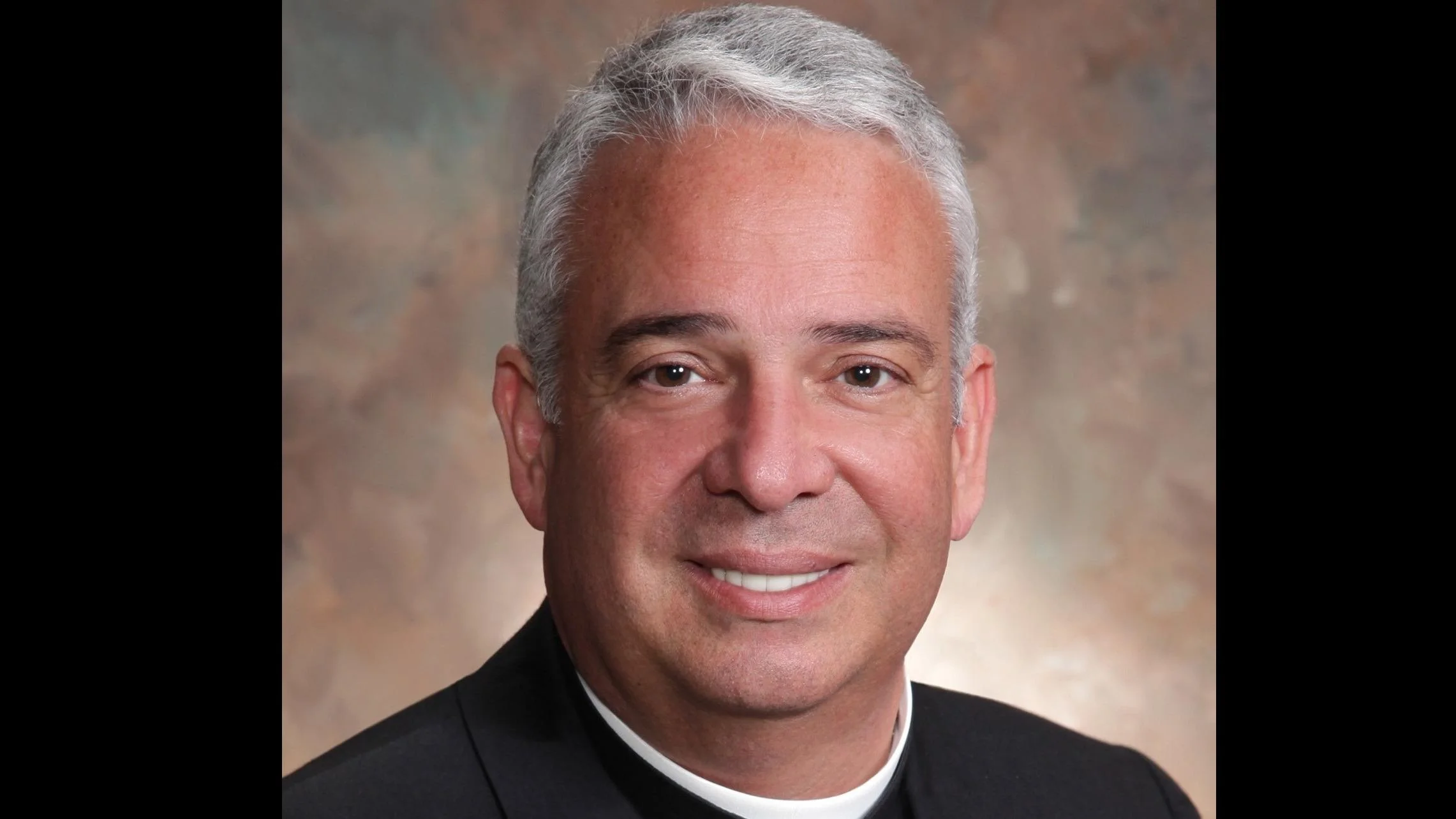
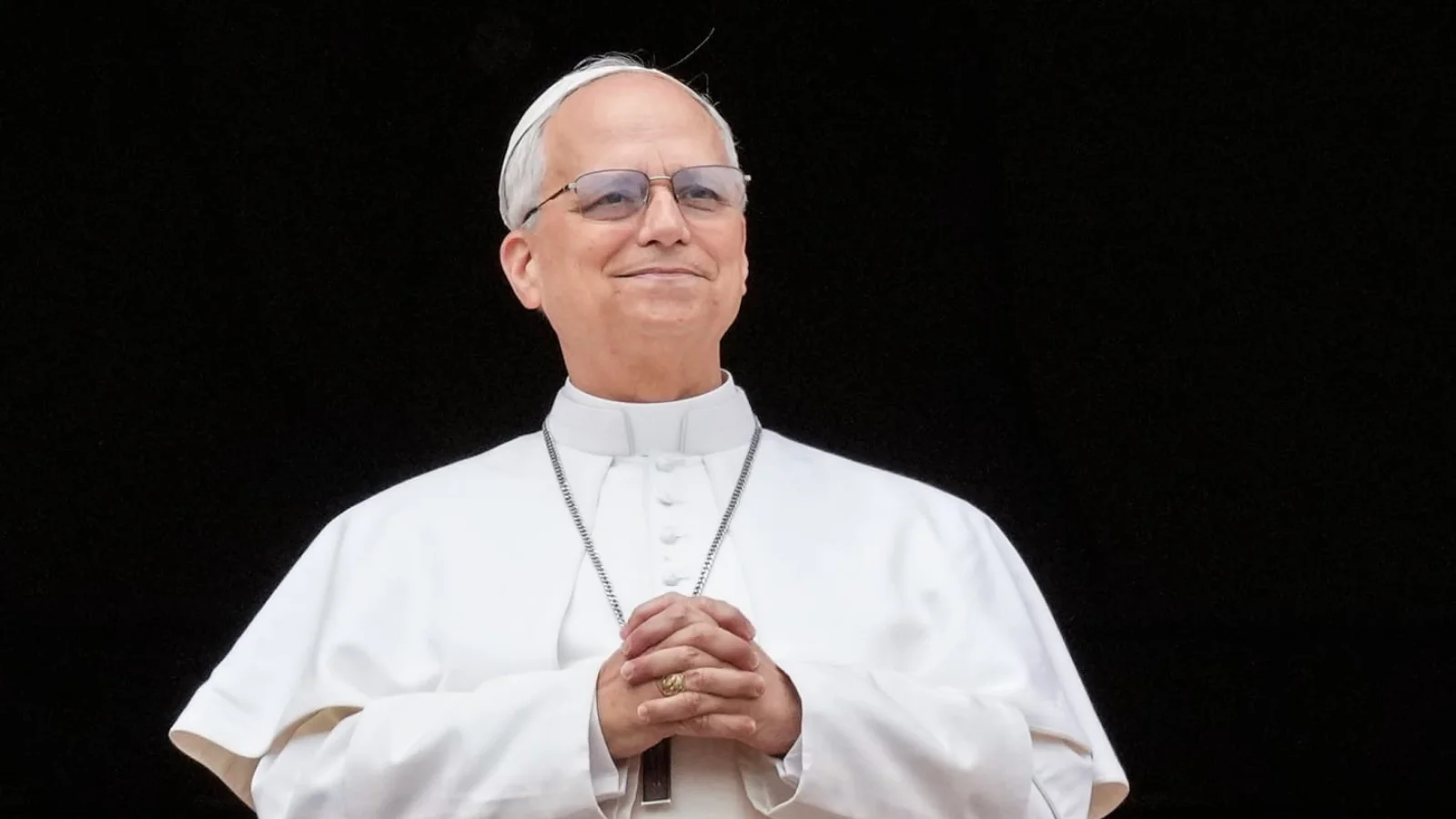
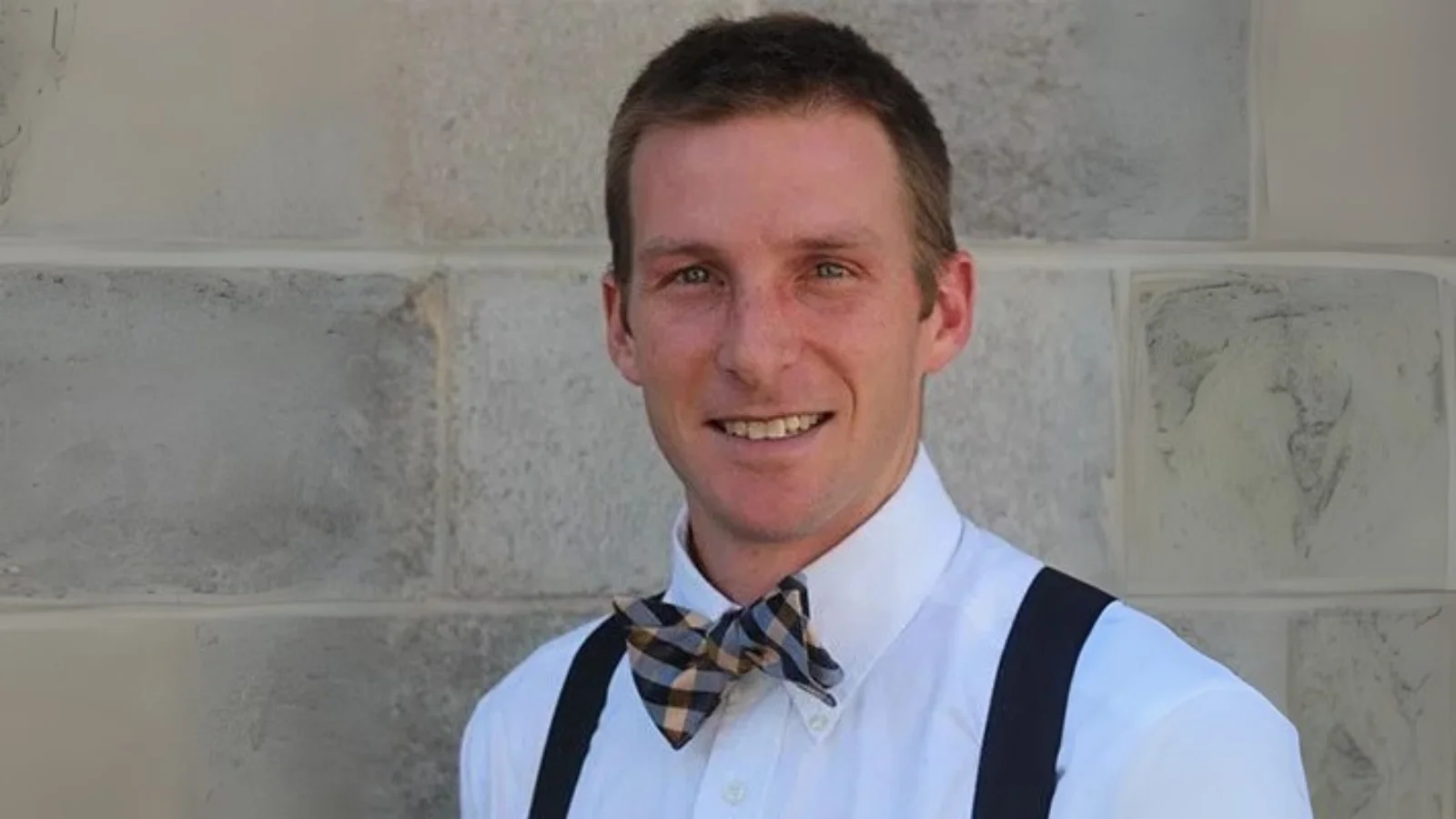
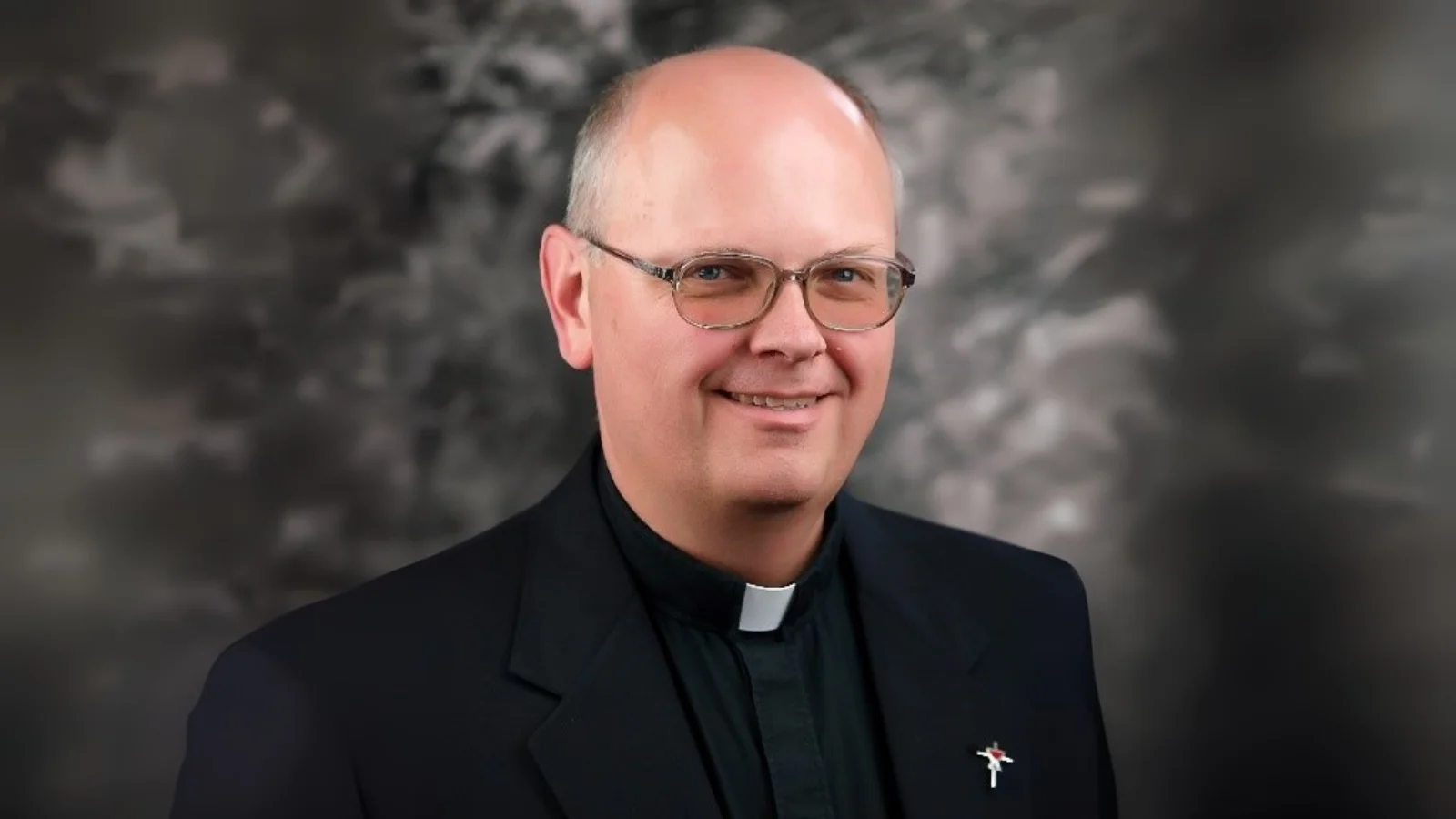
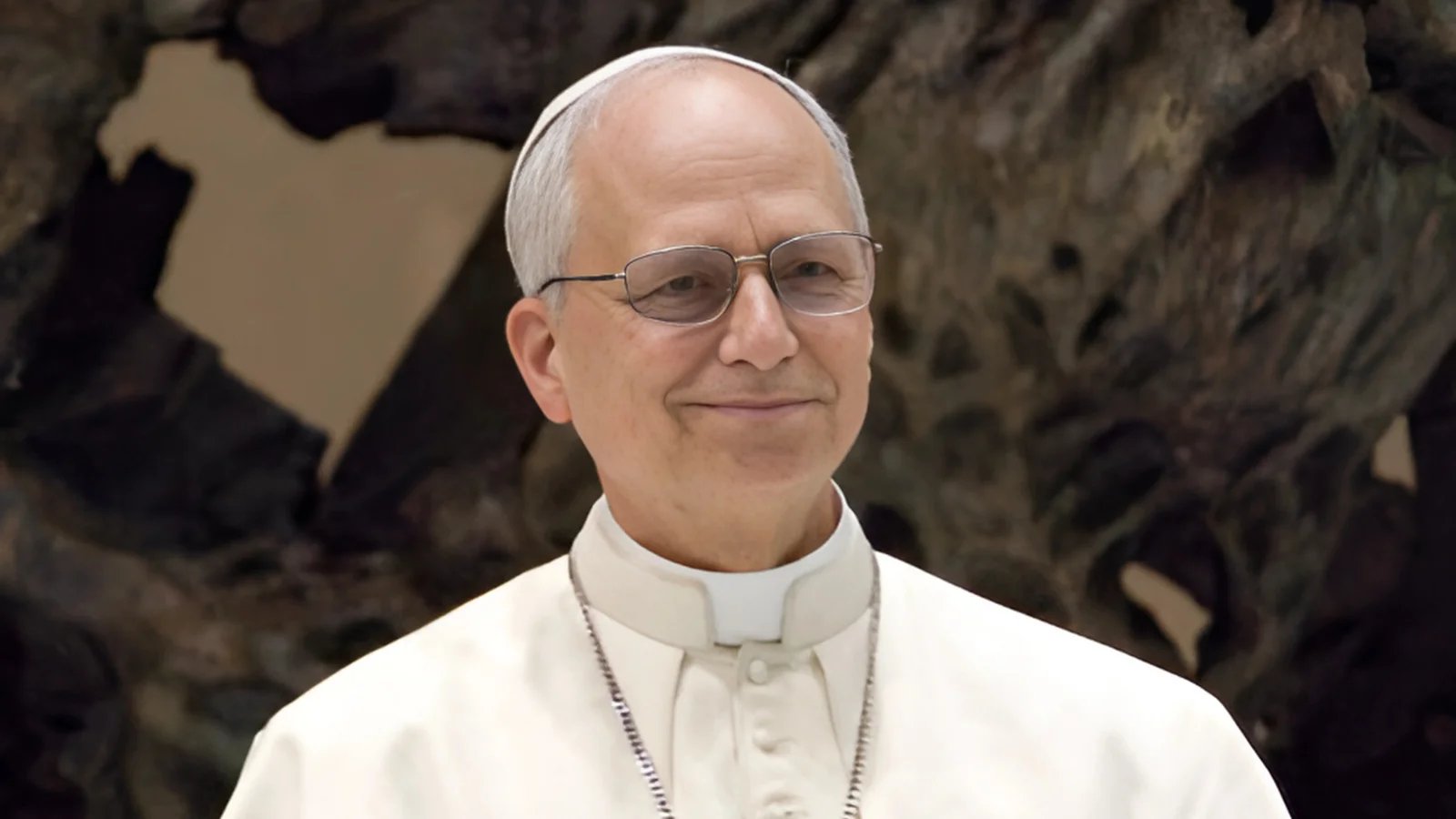
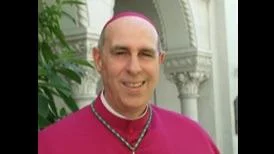
 Alerts Sign-up
Alerts Sign-up